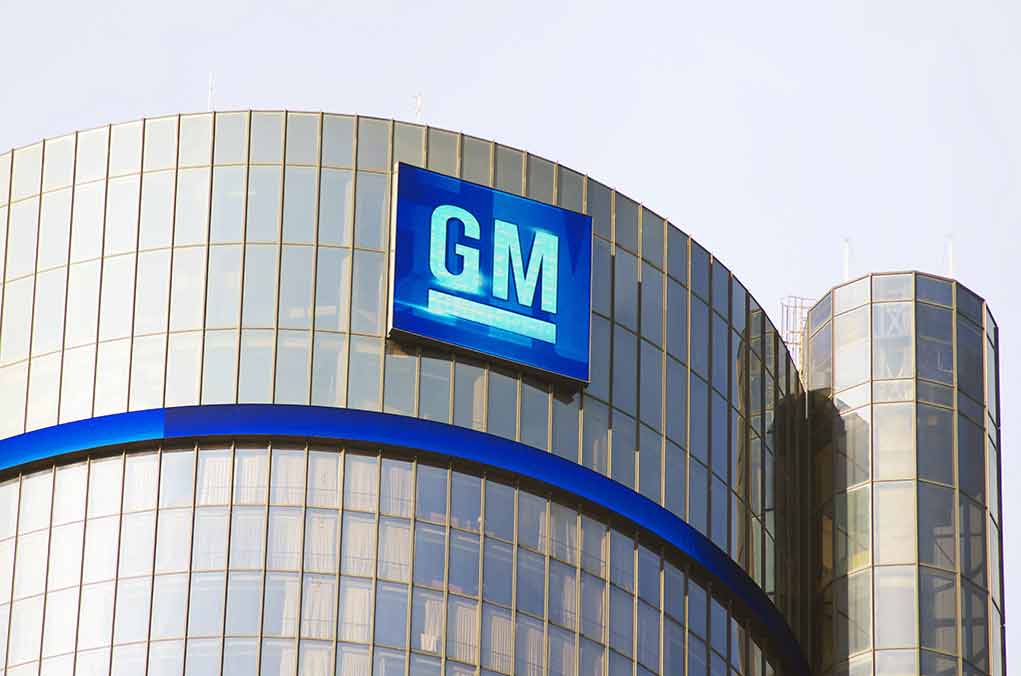
Trump’s tariff strategy works as General Motors announces a massive $4 billion investment in U.S. manufacturing, bringing thousands of jobs back from Mexico and boosting American production.
Key Takeaways
- GM is investing $4 billion in U.S. manufacturing to relocate production from Mexico in response to President Trump’s 25% tariff policy
- The investment will create 3,000-4,000 American jobs across plants in Michigan, Kansas, Tennessee, and Ohio
- Chevrolet Blazer and Equinox production will shift from Mexico to U.S. plants by 2027
- GM is rebalancing production by increasing gas-powered vehicle manufacturing while strategically positioning EV production to match slower consumer adoption
- The company expects to mitigate up to 30% of the $4-5 billion tariff impact through cost-cutting measures and production shifts
American Manufacturing Resurgence
General Motors has announced a major $4 billion investment in its U.S. manufacturing facilities, directly responding to President Trump’s 25% tariffs on Mexican imports. The strategic move will see production of popular vehicles like the Chevrolet Blazer and Equinox relocate from Mexico to American soil by 2027, creating between 3,000 and 4,000 new American jobs. This significant investment spans multiple states including Michigan, Kansas, Tennessee, and Ohio, reinforcing the effectiveness of Trump’s America First economic policies that prioritize domestic manufacturing and employment over cheaper foreign production.
The White House and United Auto Workers have both praised GM’s decision as evidence that the tariff strategy is delivering on its promise to revitalize American manufacturing. The investment will enable GM to assemble over two million vehicles annually in domestic plants, substantially increasing American production capacity while reducing dependence on foreign supply chains. This manufacturing shift aligns perfectly with President Trump’s campaign promises to bring jobs back to America and revitalize the industrial heartland.
JUST PUBLISHED: Trump Tariffs Spur General Motors to Shift Production From Mexico, Commit $4 Billion to U.S. PULSE POINTS:
❓What Happened: General Motors (GM) plans to invest $4 billion in U.S. plants over the next two years, while also shifting production of two vehicle lines…— The National Pulse (@TheNatPulse) June 11, 2025
Strategic Production Rebalancing
GM’s investment represents more than just a response to tariffs – it’s a comprehensive rebalancing of production to better match market demands. The company is adjusting its strategy by increasing gas-powered vehicle manufacturing while taking a more measured approach to electric vehicle production. This shift acknowledges the reality that American consumers continue to prefer traditional vehicles over EVs, despite years of government subsidies and incentives pushing electric adoption. The Orion Michigan plant will transition from EV production to manufacturing gas-powered full-size SUVs and light-duty pickups, reflecting actual market demand rather than progressive wishful thinking.
“So as we look at our landscape, as we look at the world around us, whether it’s the tariff situation, EV adoption, there’s a real opportunity to rebalance some of our manufacturing,” said Paul Jacobson, GM CFO.
GM has shown remarkable business acumen by adapting to both regulatory changes and consumer preferences. The company was the top seller of full-size pickups in the first quarter, with over 200,000 units sold – its best first quarter since 2007. This success demonstrates that American automakers can thrive when they focus on building vehicles that Americans actually want to buy, rather than being forced into unprofitable segments by misguided government mandates. The company’s willingness to pause further EV spending represents a pragmatic approach that prioritizes profitability and sustainable growth.
Economic Impact and Future Outlook
While GM expects a $4 billion to $5 billion hit to earnings due to the tariffs, the company has developed a strategic plan to mitigate up to 30% of this impact through cost-cutting measures and production shifts. The peak tariff exposure is anticipated in the second quarter, but GM has maintained pricing power and even gained market share despite these challenges. This resilience demonstrates the strength of American manufacturing when properly supported by policies that prioritize domestic production. The company’s Mexico operations will continue but will eventually focus on non-U.S. export markets as domestic production increases.
“We believe the future of transportation will be driven by American innovation and manufacturing expertise,” said Mary Barra, GM’s CEO. “Today’s announcement demonstrates our ongoing commitment to build vehicles in the U.S and to support American jobs. We’re focused on giving customers choice and offering a broad range of vehicles they love.”
The Fairfax Assembly Plant in Kansas will produce the Chevrolet Equinox and Bolt EV by 2025 and 2027, respectively, while the Spring Hill Manufacturing Plant in Tennessee will manufacture the Chevrolet Blazer, Cadillac Lyriq, Vistiq EVs, and Cadillac XT5,” stated Paul Jacobson. This balanced approach ensures GM can serve both traditional and emerging market segments while maximizing American jobs. GM’s CFO has noted that the tariffs might not be as damaging as initially feared, highlighting potential trade deals and additional cost mitigation strategies that could further reduce the financial impact.

















